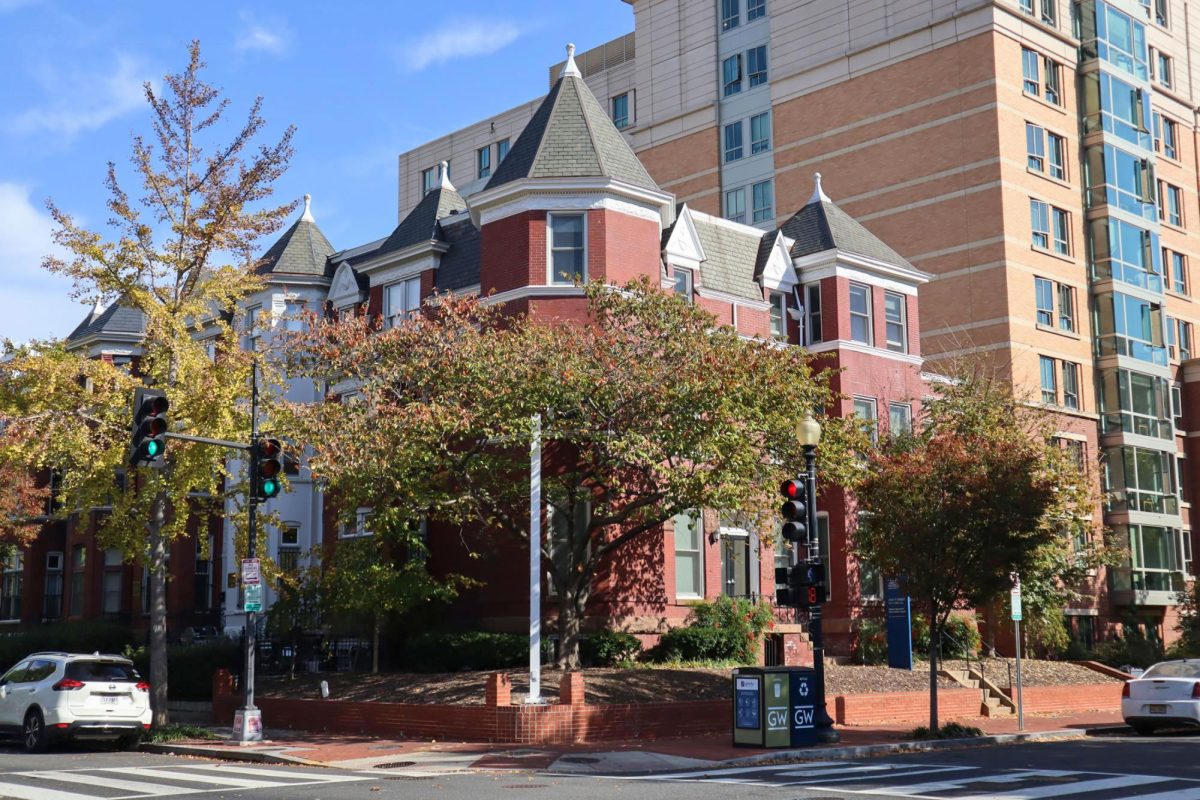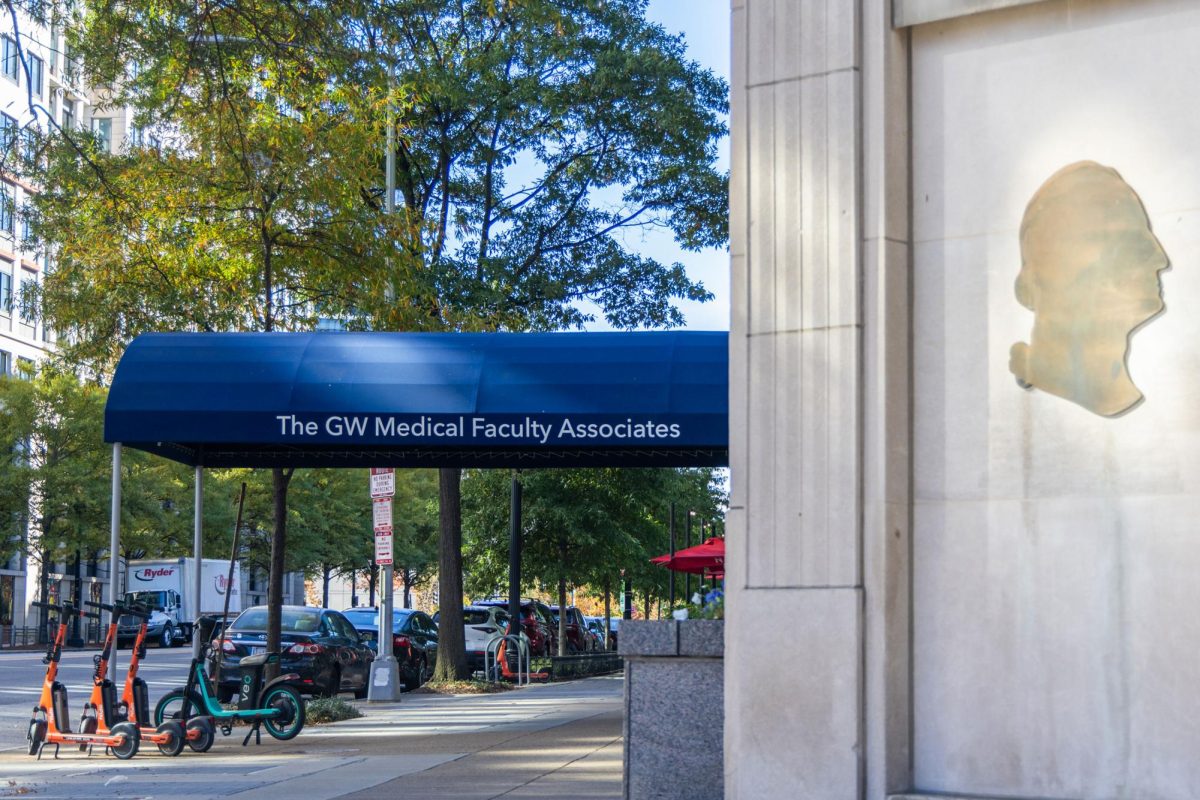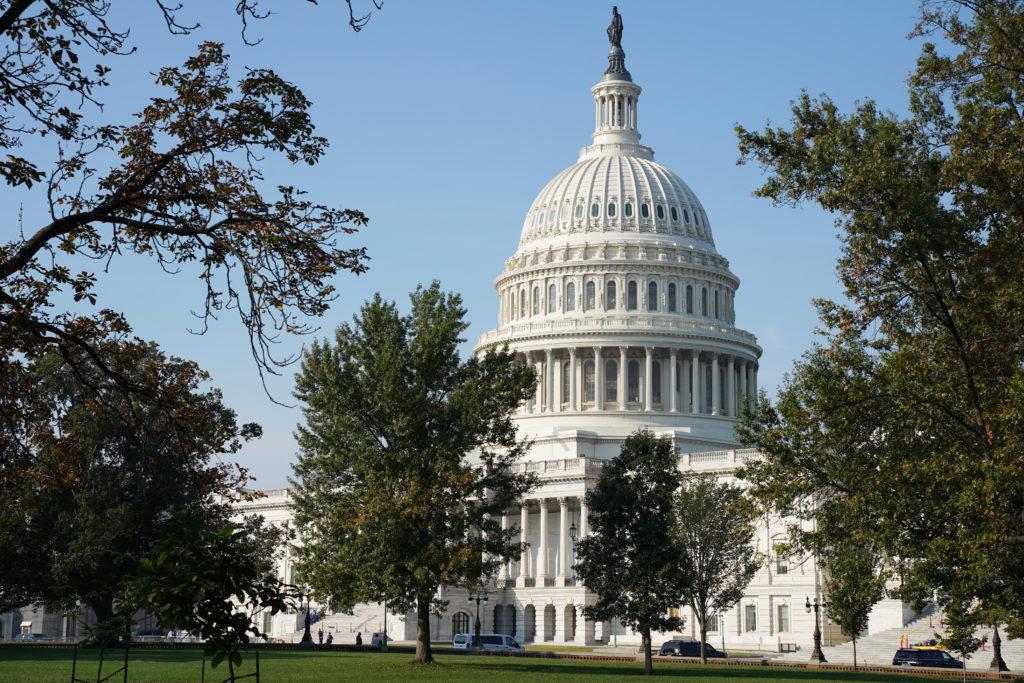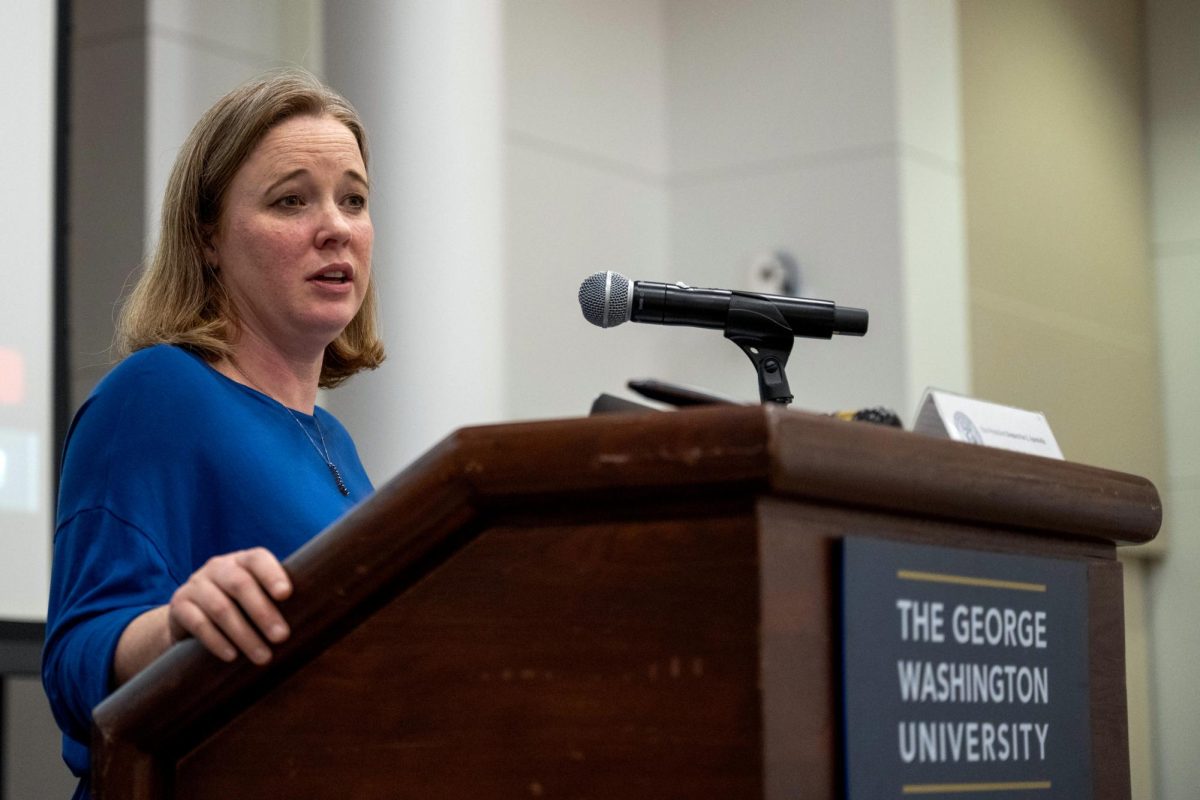More than 100 faculty are calling on the Board of Trustees to meet the full demonstrated financial need of students.
The petition, started by four faculty earlier this month, states that the proposal will help GW achieve “preeminence as a comprehensive, global research university,” an allusion to one of the overarching goals of GW’s next strategic plan and bring GW in line with the majority of its peer institutions. GW currently covers about 85 percent of students’ financial need, offering about $31,471 in need-based aid per student, according to a Kiplinger analysis.
“We argue that this is fiscally responsible, has an immediately positive impact on the student experience, uses a national demographic trend to our advantage, ensures GW’s fiscal health for the next decade and beyond and enshrines values GW can be proud of,” the petition states.
The petition states that the proposal is an alternative to LeBlanc’s 20/30 Plan, which seeks to reduce the undergraduate population by about 20 percent while increasing the proportion of STEM students from about 19 percent to 30 percent. The move to meet all demonstrated financial need will cost the University about $30 million, according to the petition.
Tension between faculty and administrators has risen in recent months over the plan with faculty raising concerns about the plan’s impacts on revenue and diversity. Internal enrollment models, which were obtained by The Hatchet last year, found that the plan could cost GW between $8 million and $36 million in annual revenue loss and a 2 to 7 percent decline in minority enrollment relative to the baseline.
Harald Griesshammer, an associate professor of physics who started the petition, said the petition is a “concrete workable alternative” to the 20/30 Plan and will make GW more diverse and inclusive. He said the University community should have an “honest discussion” about which plan is best for the institution moving forward.
“It’s a concrete proposal that actually brings GW forward, makes it on par with its peers and taps into a pool of the population that is underrepresented and very eager to go to a university and prove themselves,” Griesshammer said about his plan. “So this is absolutely within reach.”
He said the board has a fiduciary responsibility to improve the student body’s composition while ensuring any policies they adopt are fiscally viable. He hopes to bring the plan to the board “quickly” to ideally make the change for the next academic year.
“If they could come to a decision in June that would be fantastic,” Griesshammer said. “It is something that GW can rally around. Faculty, students, administration, staff, friends and alumni can agree that this is a worthy goal.”
Jared Gans contributed reporting.











